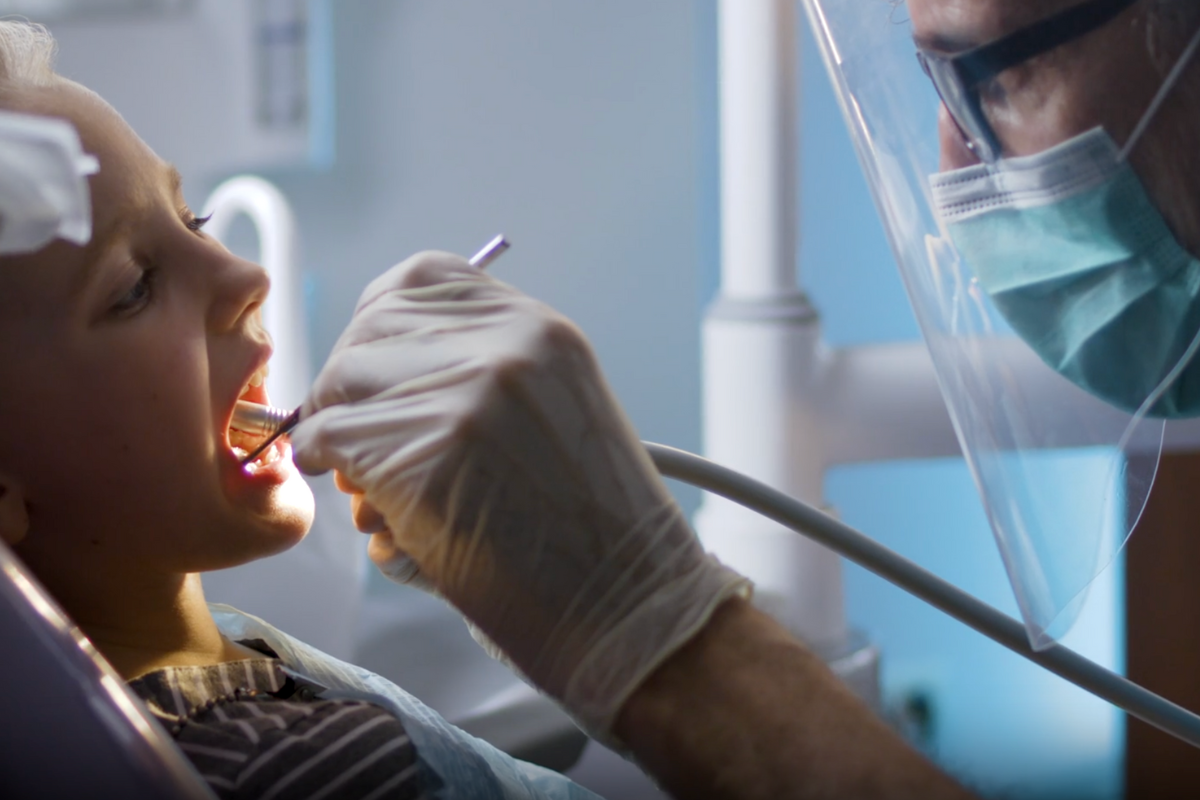
Oral Health: A Crisis Draining Your Wallet and the Economy
Essential Takeaways
- Oral health is essential for overall well-being and economic stability, impacting over 3.5 billion people worldwide. Neglecting dental care costs an estimated $710 billion annually. Investing in preventive care not only improves individual health but also saves significant future costs, highlighting that maintaining oral hygiene is a crucial economic decision.
Oral health is often overlooked, yet it plays a crucial role in overall well-being and economic stability. Neglecting oral hygiene can lead to severe consequences, not just for individual health but also for the broader economy.

The Global Economic Cost of Neglect
A Widespread Issue
Oral diseases affect over 3.5 billion people worldwide, making them a significant public health concern. The World Health Organization estimates that the global economic burden of oral diseases reaches approximately $710 billion annually due to treatment costs and lost productivity (World Economic Forum, 2024). This staggering figure underscores the need for urgent action in addressing oral health care.
Micro Impact: The True Cost of a Missed Cleaning
Financial Implications of Neglect
The cost of a routine dental cleaning typically ranges from $100 to $200. However, skipping this appointment can lead to more severe dental issues. For instance, a minor cavity that could be treated with a $150 filling can escalate to $1,600 for a root canal or $3,000 for a crown if ignored (National Library of Medicine, 2015). This pattern illustrates how small delays in dental care can result in significant financial burdens.

Macro Impact: Healthcare System Takes the Hit
Systemic Consequences
Neglected oral health not only affects individuals but also strains healthcare systems. Extractions and implants can cost upwards of $5,000 per tooth, while untreated dental issues contribute to approximately $2.7 billion in emergency room visits annually in the U.S. (National Library of Medicine). This financial drain highlights the importance of preventive care in reducing healthcare costs.
Chronic Diseases and the Ripple Effect
Connections to Other Health Issues
Research has established links between gum disease and serious conditions such as heart disease, diabetes, and Alzheimer’s (Cope & Chestnutt, 2023) These chronic diseases incur much higher treatment costs than preventive dental care, making oral health a hidden driver of healthcare expenses.
Lost Productivity: A Hidden Drain
Economic Impact on Workforce Productivity
Dental pain significantly hampers productivity. In the U.S., workers lose an estimated 240 million hours annually due to dental issues, costing around $45 billion (NCCDPHP, 2024). Globally, this figure escalates to $187 billion, demonstrating that poor oral health has far-reaching economic implications.

Educational Setbacks: The Economic Toll on Kids
Impact on Education and Future Earnings
Untreated dental problems result in 34 million school hours lost each year in the U.S. (NCCDPHP, 2024). This absenteeism can hinder academic performance and widen future income gaps, perpetuating cycles of economic inequality.
Insurance Gaps: The Trap of Delayed Care
Disparities in Access to Care
Approximately two-thirds of Americans lack dental insurance (National Library of Medicine). Without insurance coverage, minor dental issues can escalate into major expenses. Over the past two decades, dental costs have increased by 30% per person, further exacerbating financial barriers to care (National Library of Medicine, 2015).
Prevention Pays: The Economic Case for Early Care
Cost-Effective Strategies for Better Health Outcomes
Investing in preventive care yields substantial savings; every dollar spent on preventive services can save up to $50 in future treatment costs (Cope & Chestnutt, 2023). This emphasizes the economic rationale for prioritizing oral health initiatives.

Lost Innovation: Oral Health and Cognitive Decline
The Broader Implications of Poor Oral Health
Chronic oral health issues have been linked to cognitive decline, including conditions like Alzheimer’s (Cope & Chestnutt, 2023). The potential loss of innovation and productivity due to preventable dental issues is immeasurable.
A Stronger Economy Starts with Better Oral Health
Improving oral health is not merely about maintaining teeth; it is critical for enhancing quality of life, increasing productivity, and fostering economic growth. By prioritizing preventive care and addressing disparities in access to dental services, we can alleviate both personal and societal burdens associated with poor oral health.
Next time you consider skipping that dental appointment, remember that it’s not just a personal choice—it’s an economic decision that affects us all. Investing in our oral health today will pave the way for a healthier tomorrow.References:
- How Poor Oral Health is Affecting Americans’ Wallets
- The implications of a cost-of-living crisis for oral health and dental care
- Effect of Oral Health on the Community, Overall Well-Being, and the Economy
- Health and Economic Benefits of Oral Disease Interventions
- Economic Benefits of Good Oral Health
- The Economics of Oral Health: Analyzing the Cost-Effectiveness of Dental Outreach
- Oral health and socioeconomic inequalities
- Global Economic Impact of Dental Diseases
- Half the world is affected by oral disease – here’s how we can tackle this unmet healthcare need
- The Many Costs (Financial and Well-Being) of Poor Oral Health
- The economic value of good oral health
- Inequalities in oral health: The economic burden of dental caries

Feno Founders Edition Bundle
Advanced Oral Health in 20 Seconds with the Feno Smartbrush™
Get Yours Now!





